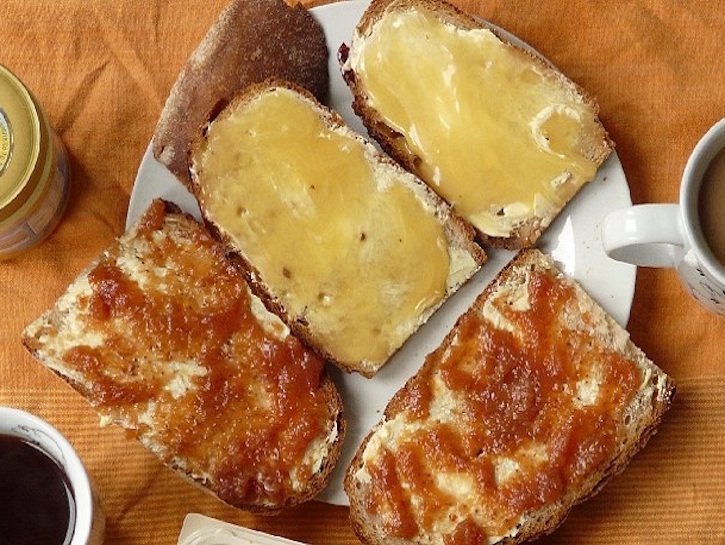A gluten-free diet has gained popularity not only as one way to lose weight, but for individuals who suffer from celiac disease and other gluten-related disorders.
What Is Gluten?

Gluten is not a solid ingredient itself but is instead a mixture of proteins that is commonly found in wheat, barley and rye. The two main proteins that makeup gluten — gliadin and glutenin — are what determines how elastic bread dough turns out, while also making the bread resistant gastric and pancreatic digestion. Due to the presence of gluten in a traditional Western diet, taking steps to cut gluten out of your daily meals can be a challenge, but it’s not impossible.
What Does It Mean To Be On A Gluten-Free Diet?
A gluten-free lifestyle cuts out foods with gluten entirely. This includes cereals, baking products, pasta, bread, cakes, biscuits and more. Going gluten-free can also require cutting out foods that are primarily beyond the realm of wheat, such as some ice creams, coffee replacements, certain vegetables and some meat products. This restrictive diet can eliminate the negative effects that come from consuming gluten, such as fluctuating weight, nausea and fatigue, as well as contributing to weight loss and an overall healthier lifestyle.
Who Should Be On A Gluten-Free Diet?

Celiac disease is a genetic autoimmune disorder in which gluten causes damage to the small intestine and makes it harder to absorb nutrients from food. This happens because people who have celiac disease will react to gluten as if it is a poisonous substance. Symptoms of the disease include weight fluctuations, fatigue, depression, aching bones, neurological complications and more. Because the body cannot process gluten correctly, a diet free of the protein is essential to treating the illness. However, people without the illness have begun to go gluten-free themselves in an effort to lose weight and treat a celiac disease they may not have, but they may be doing more harm than good.
Potential Drawbacks Of Gluten-Free Diets
People may think that cutting gluten from their diet will make them eat less high-carb foods such as bread, and that doing so will result in weight loss. However, healthcare professionals have said that the gluten-free diet is not a weight-loss diet. While it is essential for those who suffer from celiac disease, people who just cut out gluten for the potential weight-loss benefits will actually find themselves lacking key minerals, vitamins and fibers.
Potential Benefits Of A Gluten-Free Diet

Those who benefit the most from a gluten-free diet are those with celiac disease, as it prevents damage to their small intestines, relieves some of the stressful symptoms of the illness and helps prevent the disease from worsening. Even those who don’t suffer from celiac disease can benefit from a gluten-free diet — one of the perks of going gluten-free is the potential for improved digestion, which can prevent discomfort after meals. Gluten can also contribute to depression and headaches in those with a sensitivity to gluten, meaning that a gluten-free diet could lead to improved mental health. The benefits of a gluten-free diet are most apparent in people who need to restrict gluten due to illness, disease, allergies or intolerance. Most importantly, proper research and consultation with health professionals is crucial to avoid the negative drawbacks from a gluten-free diet while still reaping the health benefits.
Gluten’s prevalence in our everyday diets is substantial — and for most, it should stay that way. Unless you suffer from celiac disease, in which case cutting out gluten is essential for your well-being, it’s best to keep gluten-based foods in your diet as they provide essential nutrients, and look for alternatives for a weight-loss diet.
